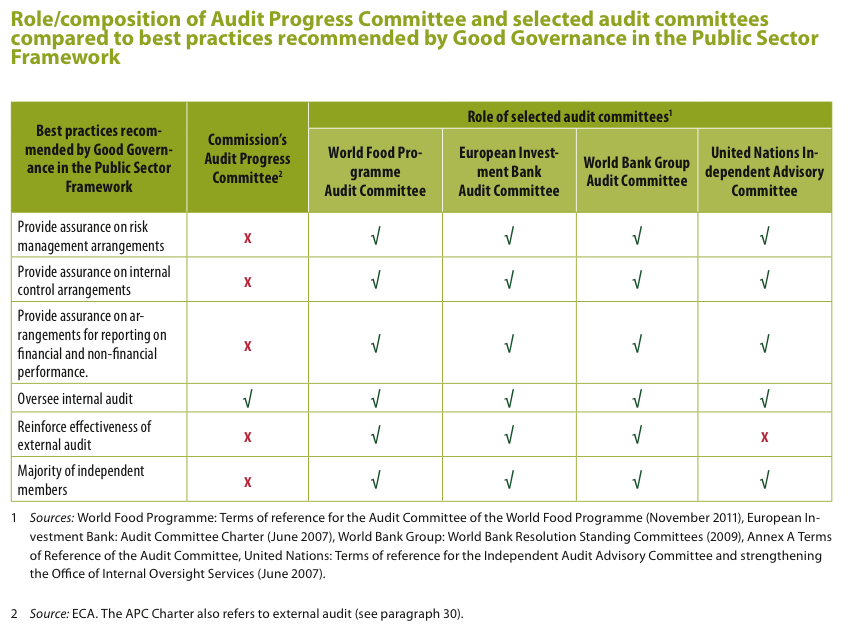In 2000, under the stewardship of then commission president Romano Prodi, serious efforts were made to address governance weaknesses in the body, which is the executive arm of the European Union. Following an expert review, reforms to financial management, control and audit and other corporate functions were introduced. While these reflected the best practice of the time, aspects of them have since become outdated, according to the bloc’s auditors.
With this in mind, the ECA revisited the commission’s arrangements for financial management, control and audit to see whether they continue to meet the commission’s needs. Findings are published in a report today.
Speaking to Public Finance International, Lazaros S Lazarou, the ECA member responsible for the report, likened the European Commission’s governance to a car that was manufactured in 2000.
“It’s in good working condition, it takes you from A to B but it hasn’t got the technology and the features of a modern car,” he said.
The auditors benchmarked the commission’s governance arrangements against those set out in CIPFA and IFAC’s Good Governance in the Public Sector framework and practice at other global bodies including the UN’s international advisory committee, the World Food Programme and the World Bank Group.
They found, for example, that the commission’s own audit service is constrained when compared to those in international bodies because it has limited access to spending information. There is also too much emphasis on internal audit rather than risk management and internal control, while the audit progress committee does not have a majority of independent members (see below).
eca_governance.png

Source: ECA
“The commission needs to be a role model in governance, at the forefront of developments in best practice,” said Lazarou, who is the court’s Cypriot member.
The auditors make a range of suggestions in order to improve and update governance at the commission.
These include bringing forward the publication of its annual accounts, publishing a single accountability report (or suite of reports), publishing an estimate of the level of error based on a consistent methodology and explaining its reasons when the commission chooses not to follow international best practice. More should also be done to accompany accounts with non-financial information.
Asked whether a governance update could help boost public trust in the European Commission in the wake of the UK’s Brexit vote, Lazarou said public confidence was dependent on a lot of other actions.
“When it comes to spending, there’s a need to show that spending delivers real results that have an impact on citizens’ lives in addition to being legal and regular,” he told PF International.
Last week, the ECA issued its annual report, criticising the complexity of spending rules, which facilitate errors and lack transparency. The auditors also urged greater emphasis on performance, rather than just compliance with rules.
Responding to the report, a commission spokesman said that under president Jean-Claude Juncker, new structure and working methods have already improved and accelerated the delivery of key policy initiatives.
“We have been found the second most transparent of all EU governments and institutions by Transparency International. Naturally, even the right model can be improved further and we always strive to follow global best practice where that makes sense, and the report will be useful to the commission in its efforts to continue updating its governance in certain areas,” he added.
• CIPFA’s International Seminar 2016 will be held at the European Court of Auditors in Luxembourg on 24–25 November. Speakers will include report author Lazaros S Lazarou as well as ECA president Klaus-Heiner Lehne and former US comptroller general David Walker. For more details click here.













